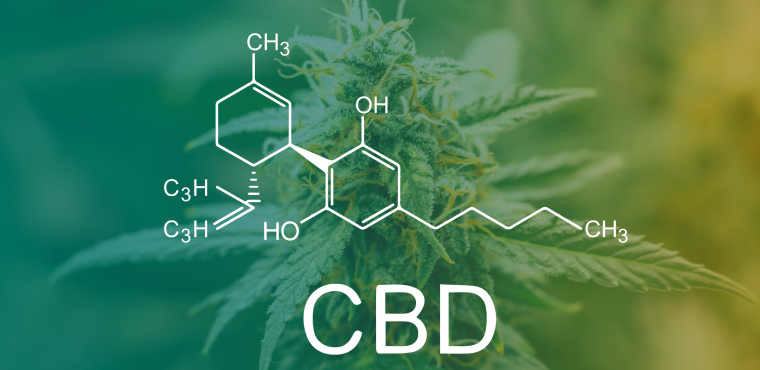
Jul 2, 2020
Is Private Label CBD Right for Your Brand
If you’re a private label entrepreneur on the look-out for new opportunities, you have most probably come across private label CBD. The CBD industry is growing exponentially, and with mostly smaller businesses feeding the growing demand for CBD products, it is clear to see why this is an obvious goldmine. Not everybody wants to jump on this bandwagon though, arguing that heavy industry regulation makes it a high-risk business. It is true that there is more regulatory guidelines to follow when entering the CBD industry, but these are not necessarily bad for business. It does make some aspects of launching a CBD product more challenging, but there is plenty of help out there to guide you through the steps so that you can focus on taking advantage of an incredible opportunity.
Marketing CBD Products
Since there is only one CBD product thus far that has received FDA approval, making claims regarding the benefits of CBD products is still a slightly murky area and mostly restricted. With very little scientific evidence to substantiate the benefits of CBD, brands have to be careful about how they word their marketing material and present their products to their buyers. Despite these restrictions, consumers are well aware of the benefits of CBD through testimonials from other consumers, which is really the best kind of marketing you could ask for. The challenge lies not in proving that CBD works, but in differentiating your brand from all the other CBD brands out there trying to get a piece of the pie.
Set yourself apart from your competitors by having a unique brand story. This is easier to do if you already have an established brand to which you are adding a CBD offering. Retain your brand identity. If you are passionate about anti-aging, continue that narrative while incorporating the touted benefits of CBD to alleviate the symptoms of aging. When starting a new brand, identify a slice of the market that you would like to cater to and adapt your messaging to appeal to that niche. Trying to generalize and access a larger portion of the market will dilute your impact in niche markets, and you’ll struggle to become a recognizable brand.
Payments and Merchant Processors
There are several regulations involved in manufacturing and selling hemp-based CBD. For this reason, there has been challenges when it comes to payment processing of CBD products. The 2018 Farm Bill legalized the sale of hemp-derived CBD products specifically. In states where marijuana is still illegal, great attention is given to ensuring that CBD products are produced using CBD that is sourced from hemp plants with a THC content lower than 0.3%. For this reason, there is greater pressure on merchant service providers to prove that they (and subsequently their clients) are following the stipulated regulations. As regulations become clearer, major domestic merchant processors are starting to provide their services to the CBD industry. Do your research and educate yourself about the regulations to avoid any hiccups with this part of your business setup.
Partnering with Success
As mentioned above, educating yourself about the industry regulations is what will determine your success in the CBD industry. Equally, finding the right partners when embarking on your CBD adventure is imperative. Work with companies that have experience in the industry and know how to navigate the market. Evora has launched several CBD product offerings into the market with great success, and have experience in what customers want. They help your business succeed by offering a private label manufacturing solution, while also taking care of inventory management, packaging, and shipping. Collaborate with their experts to identify the CBD product that would be best for your brand, and boost your product offerings.
Anticipate Change and Remain Flexible
With the FDA still working out the regulatory framework for CBD, things are bound to change a lot in future, but that is no reason to wait to get to market. Launch your product now, but stay informed about changes on a daily basis and be ready to adapt when you need to. Ultimately it will be the businesses who remain flexible that see the most success. While big brands seemed to run at the mention of CBD at first, companies like CVS and Walgreens are now stocking their shelves with CBD products to try and play catch up. But large corporations that usually rely heavily on existing FDA regulations are having a hard time adjusting their internal policies so that they can also jump on the bandwagon. Private Label CBD is still leading the race, and entrepreneurs should take advantage of this while these big corporations are still facing challenges that private label doesn’t.